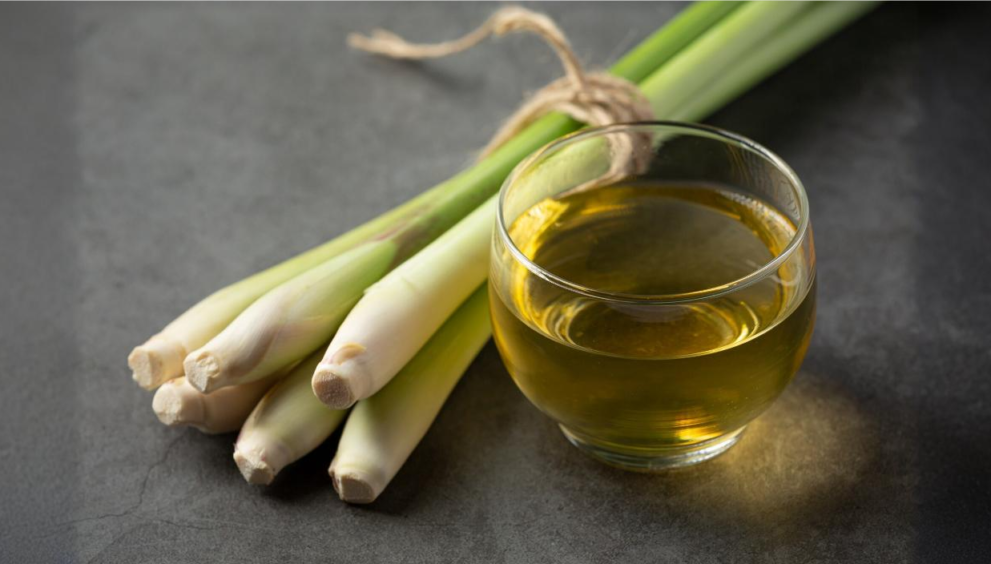FACT CHECK: Does consuming lemongrass aid in lowering cholesterol?
Citral in lemongrass oil helps increase the concentration of high-density lipoprotein (HDL), also called good cholesterol
Author
Author
- admin / 1 year

- 0
- 2 min read

Author
CLAIM:
Consuming lemongrass aids in lowering cholesterol levels and improving heart health.
FACT:
Lemongrass may lower cholesterol, but effects have only been seen in laboratory rats, not clinical trials.
Lemongrass can help lower cholesterol, according to a post shared on the popular social media platform X, formerly Twitter.
“Lemongrass is anti-hypercholesterolemic and anti-hyperlipidemic in nature. It improves the blood flow in the vessels and reduces the risk of heart diseases widely by preventing the deposition of plaque in the arteries. Make a lemongrass infusion and drink one cup daily,” reads the post by @NizaAsili,

So does lemongrass lower cholesterol and improve heart health?
Cymbopogon, also known as lemongrass, is native to Africa, Asia, and tropical islands. The oil extracted from it is used in food, cosmetic, and pharmaceutical industries. Citral, a major constituent of such oils, has been found to reduce lipid accumulation, thereby lowering one’s cholesterol levels. It also restores a normal lipid profile in laboratory rats.
Citral helps increase the concentration of high-density lipoprotein (HDL), also called good cholesterol, bringing down the low-density lipoprotein (LDL), also known as bad cholesterol. When cholesterol levels are low, the risk of artery clogging is reduced, allowing for unobstructed blood flow to the heart.
However, consuming the plant has some side effects too. Oral use could lead to drowsiness, dry-mouth, and excessive urination. In high doses, Citral could cause damage to liver and stomach mucosae. Excessive usage could result in harm to kidneys.
Conversely, consuming it in reasonable quantities may offer beneficial health effects such as lowering of cholesterol. However, these effects have only been observed in laboratory rats and not in clinical trial settings.
Also read: FACT CHECK: Does sweetened lemonade have lower health benefits? – First Check
Do you have a health-related claim that you would like us to fact-check? Send it to us, and we will fact-check it for you! You can send it on WhatsApp at +91-9311223141, mail us at hello@firstcheck.in, or click here to submit it online.









